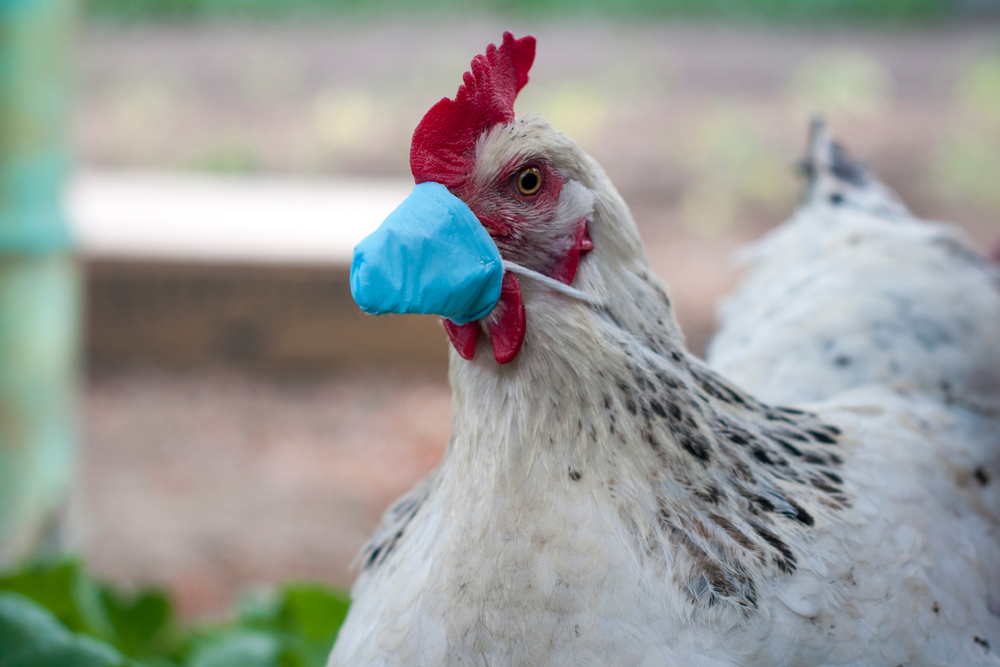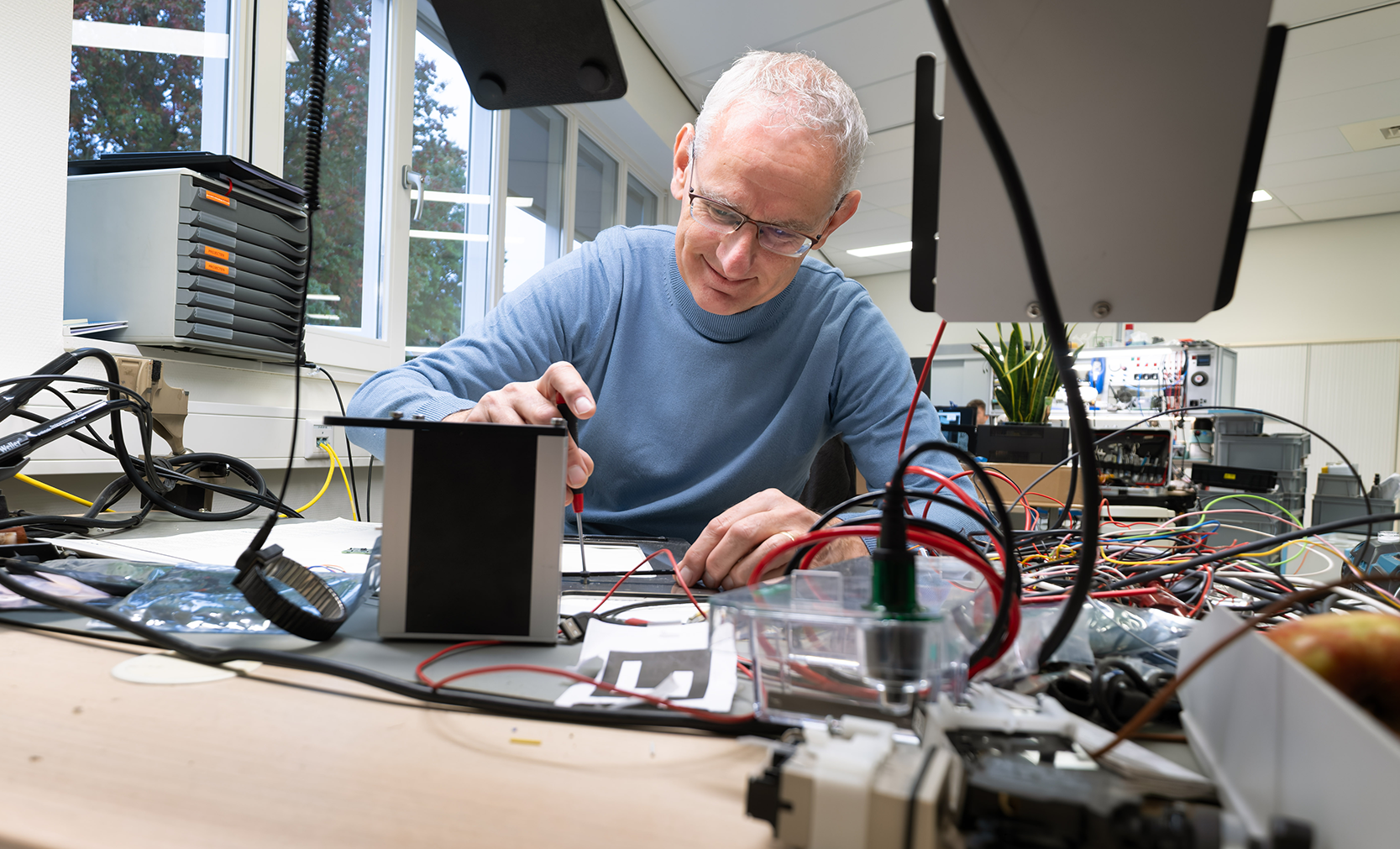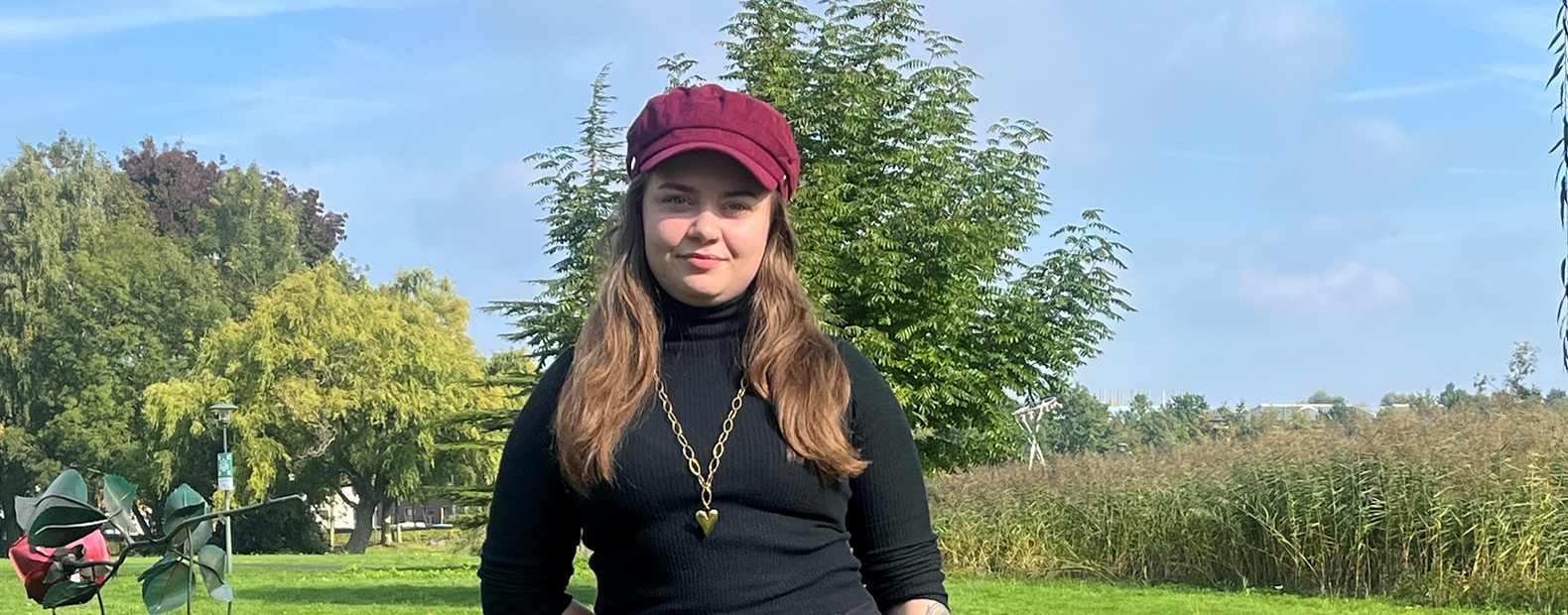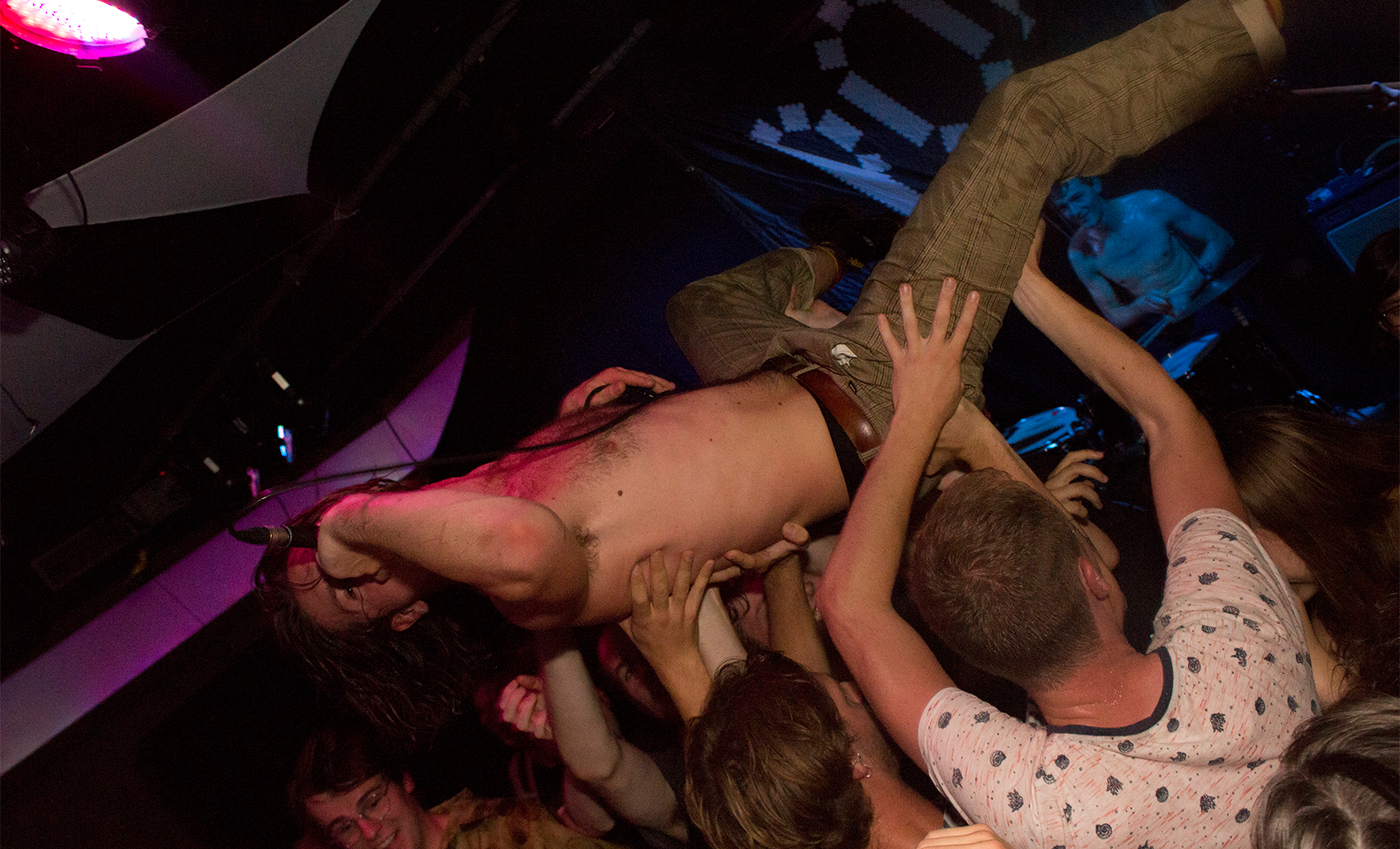Currently, the avian flu virus is being tackled by culling all the animals in infected barns and barns near them. Additionally, all other poultry has to be kept indoors through the winter.
According to vet Joost van Herten, this is an unfortunate effect of the Dutch government’s One Health policy. ‘In this policy we want to promote the health of humans, animals and the environment in an integrated approach,’ says Van Herten, who got his PhD at the end of last year for a thesis on the ethics of zoonoses. ‘But in practice you often see a conflict of interests between people and animals, and it’s the people who win. In this case, we don’t vaccinate chickens because other countries ban imports of vaccinated poultry. Trade interests are put before animal welfare.’
Rabies
With the spread of the avian flu pandemic, there is increasing support in Europe for vaccinating chickens. ‘It’s better than culling,’ says Van Herten. ‘A vaccination protects the animal and prevents the virus from mutating into a variant that makes humans ill. That’s why we vaccinate against other zoonoses such as Q fever and rabies.
A vaccination protects the animal and prevents the virus from mutating into a variant that makes humans ill
Joost van Herten
But vaccinations are not enough, adds Van Herten. ‘If we follow the One Health approach, we must also address the causes of pandemics. Our food systems and their impact on climate change and the loss of biodiversity play a role in that. If we want to promote health, we need to strengthen the resilience of humans, animals and ecosystems. And then you need to look at the concentration of poultry farms too. Environmental health is the basis of One Health.
Van Herten started out as a vet and is currently a policy advisor to the vets’ association KNMVD. His PhD was supervised by professor of Philosophy Marcel Verweij.

 Photo Shutterstock
Photo Shutterstock 

